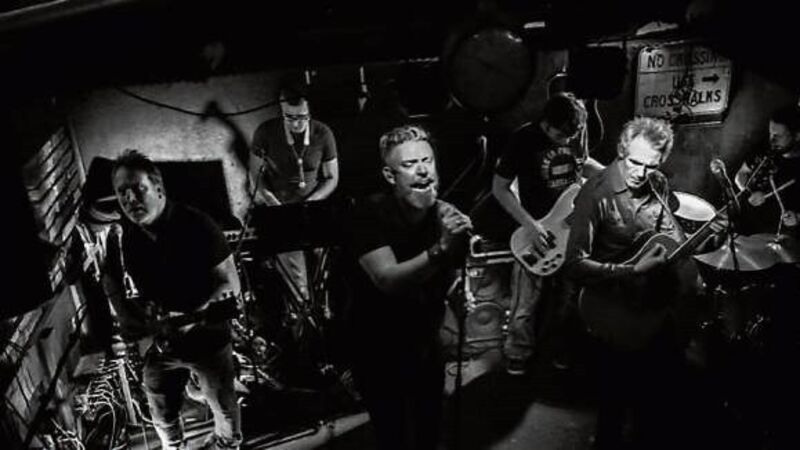Getting back on the Rubyhorse

Letterman and George Harrison featured in the Cork band’s history, but now they’re just happy to be back gigging again, writes
THE phone call arrived from out of the blue just as Rubyhorse were about to take to the stage in Indianapolis. It was a booker from David Letterman’s Late Show. Could the band be in New York the following evening for a live taping? The answer was obviously in the affirmative.











